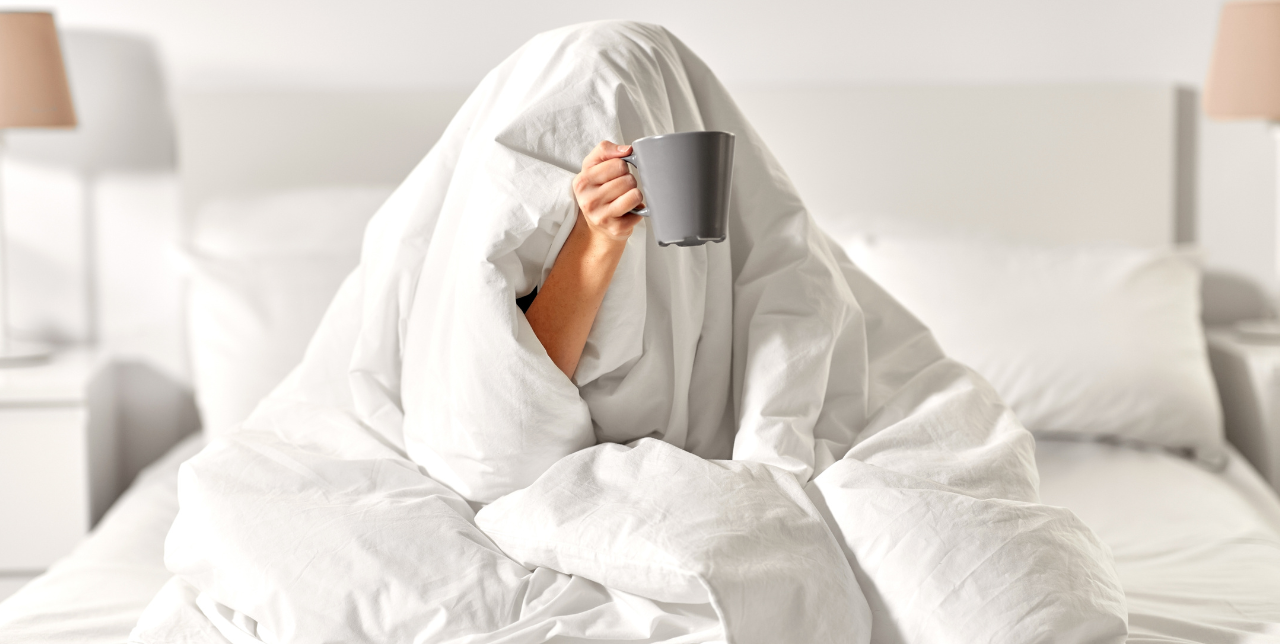Drinking coffee is a daily ritual for many. It energizes, boosts productivity, and just makes mornings better. However, drinking coffee can interfere with sleep. Here’s how to enjoy your coffee without compromising your sleep quality.
Understand Your Caffeine Sensitivity
First, understand your caffeine sensitivity. Everyone metabolizes caffeine differently. Some people can drink coffee late and still sleep well. Others struggle to fall asleep after a cup in the afternoon. Listen to your body and adjust your coffee intake accordingly.
Set a Coffee Cut-Off Time
To avoid sleep disruption, set a coffee cut-off time. Most experts recommend stopping caffeine consumption at least six hours before bedtime. If you sleep at 10 PM, aim to have your last cup by 4 PM. This allows your body enough time to metabolize the caffeine.
Choose Your Coffee Wisely
The type of coffee you drink matters. Dark roast coffee has less caffeine than light roast. Espresso, despite its strong flavor, also has less caffeine than a regular drip coffee. Decaffeinated coffee is another great option for enjoying the flavor without the caffeine kick.
Incorporate Spices for Coffee and Sleep
Adding certain spices to your coffee can enhance its flavor and promote better sleep.
Cinnamon
Cinnamon adds a warm, sweet flavor to your coffee. It also helps regulate blood sugar levels, preventing the spikes and crashes that can affect your sleep.
Nutmeg
Nutmeg has calming properties that can help you relax. A small pinch in your coffee can make a big difference in promoting a sense of calm.
Cardamom
Cardamom is another spice that adds a unique flavor and can aid digestion, reducing any discomfort that might keep you awake.
Practice Moderation
Moderation is key. Drinking coffee in excess can lead to caffeine dependence and disrupt your sleep. Aim for one to two cups per day. If you find yourself needing more, try to identify why. Are you not getting enough sleep at night? Are you using coffee to compensate for fatigue? Addressing these underlying issues can help you reduce your coffee intake.
Switch to Decaf in the Afternoon
If you love the ritual of an afternoon coffee, switch to decaf. Decaf coffee provides the same comforting routine without the sleep-disrupting caffeine. You can also try herbal teas, which can be soothing and caffeine-free.
Stay Hydrated
Caffeine is a diuretic, which means it can dehydrate you. Dehydration can affect your sleep quality. Make sure to drink plenty of water throughout the day. Staying hydrated can mitigate some of the negative effects of caffeine.
Create a Relaxing Evening Routine
A relaxing evening routine can help counteract any sleep-disrupting effects of caffeine. Here are some tips:
Limit Screen Time
The blue light from screens can interfere with your sleep cycle. Try to limit screen time at least an hour before bed.
Read a Book
Reading a physical book can help you wind down and relax. Choose something light and enjoyable to avoid overstimulation.
Practice Relaxation Techniques
Techniques like deep breathing, progressive muscle relaxation, and mindfulness meditation can help calm your mind and body, making it easier to fall asleep.
Avoid Caffeine Creep
Be mindful of hidden sources of caffeine. Many sodas, teas, and even some medications contain caffeine. These hidden sources can add up and affect your sleep. Check labels and opt for caffeine-free alternatives when possible.
Listen to Your Body
Finally, listen to your body. If you notice that your coffee habits are affecting your sleep, make adjustments. You may need to reduce your intake, switch to decaf, or adjust your cut-off time. Everyone’s body reacts differently, so find what works best for you.
Conclusion
Enjoying coffee daily doesn’t have to mean sacrificing good sleep. By understanding your caffeine sensitivity, setting a coffee cut-off time, incorporating sleep-friendly spices for coffee and sleep, practicing moderation, and creating a relaxing evening routine, you can have the best of both worlds. Listen to your body and make adjustments as needed to ensure you get the rest you need.
For more information on coffee and sleep, check out these resources:

